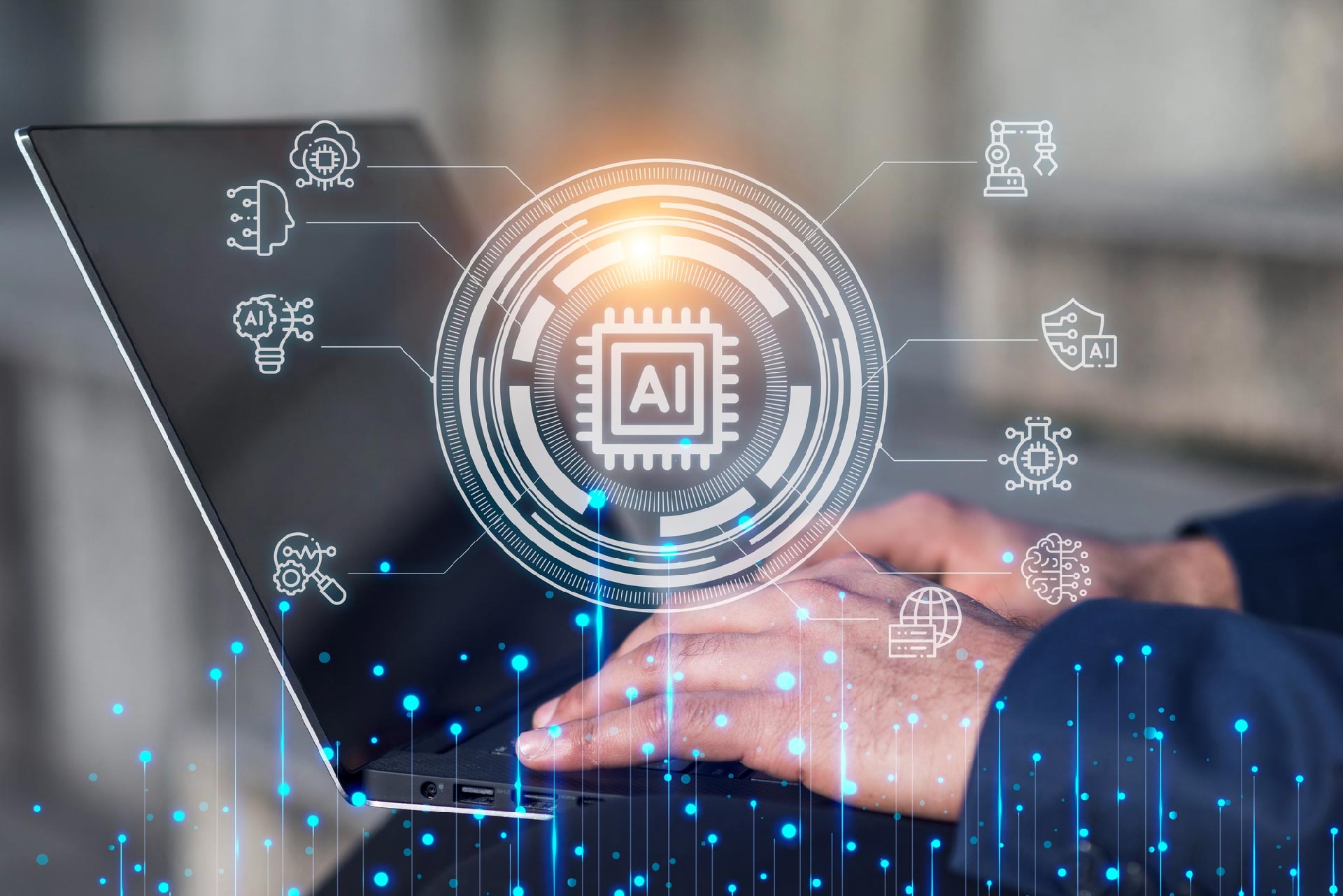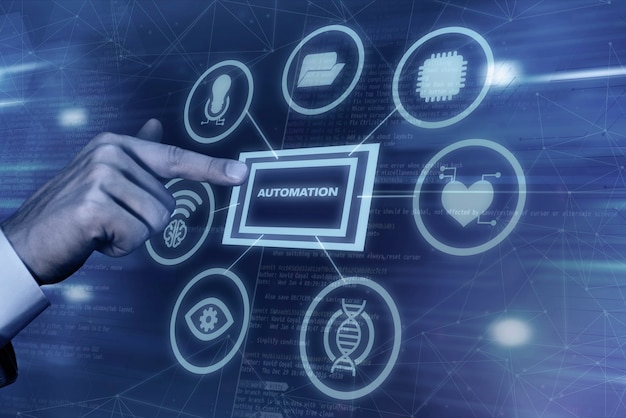In an era where digital innovation reigns supreme, artificial intelligence (AI) is redefining how businesses operate. Gone are the days of linear processes and manual interventions; today’s companies are embracing a revolutionary shift in their workflows, driven by the capabilities of AI.
From automating routine tasks to optimizing decision-making, AI is not merely an add-on—its an integral force reshaping industries. Picture a bustling office where routine emails are filtered and prioritized by intelligent systems, giving employees the freedom to focus on strategic initiatives.
Imagine inventory management that anticipates shortages before they arise, or customer service chats powered by sophisticated algorithms that deliver instant help. As we delve deeper into this transformative phenomenon, we will uncover the profound ways AI is enhancing efficiency, fostering creativity, and ultimately paving the way for a new paradigm of work.
Buckle up, as we explore the exciting intersection of technology and productivity, where the future is not just automated, but also incredibly human-centered.
Enhancing Decision-Making: Data Analytics and AI Insights

In today’s fast-paced business landscape, where every second counts and data flows like a relentless river, the integration of data analytics and AI insights has emerged as a game changer in enhancing decision-making. Companies are no longer relying solely on gut feelings or past experiences; they are harnessing the power of predictive analytics to unearth patterns that can guide strategic choices.
Imagine a marketing team not just analyzing historical sales data, but also leveraging AI-driven models that forecast consumer behavior based on real-time trends. This fusion of technology allows leaders to sift through mountains of data, distilling it into actionable insights that illuminate the path forward.
As a result, decision-making transforms from a cumbersome process into a dynamic dialogue, where data informs intuition, and the possibility for innovation flourishes at every turn.
Customer Engagement: AI in Service and Support

In the realm of customer engagement, AI is redefining the landscape of service and support, transforming mundane interactions into personalized experiences. Picture a scenario where chatbots, powered by advanced natural language processing, not only provide immediate responses but also learn from past conversations to enhance future interactions.
These intelligent systems can sift through vast amounts of data, identifying patterns that inform recommendations, thereby anticipating customer needs before they even arise. Yet, it’s not just about efficiency; AI fosters a sense of connection.
For instance, when a customer reaches out with a complex issue, AI can quickly gather relevant information and route them to the right human representative, armed with context and tailored insights to ensure a seamless conversation. As companies harness these capabilities, they are not just responding to inquiries; they are building relationships, creating an environment where every interaction can leave a lasting impression.
Future Trends: The Next Generation of AI in Business

As we gaze into the future of AI in business, a multitude of transformative trends loom on the horizon, reshaping the landscape of operations. Companies are increasingly harnessing advanced machine learning algorithms and generative AI tools that not only streamline workflows but also enhance decision-making capabilities.
Imagine chatbots that engage in complex, empathetic dialogues or predictive analytics that anticipate consumer needs with uncanny accuracy. However, this is just the beginning; the integration of AI with emerging technologies such as quantum computing and the Internet of Things will further amplify its potential.
With an emphasis on ethical AI and data privacy, organizations will seek to develop systems that are not just efficient but also responsible. Ultimately, the next generation of AI promises to foster a dynamic where human creativity and machine intelligence coexist seamlessly, driving businesses to unprecedented levels of innovation and productivity.
Conclusion
In conclusion, the integration of artificial intelligence into corporate workflows is not merely a trend but a transformative shift that is reshaping how businesses operate. By leveraging advanced algorithms and machine learning, companies are streamlining processes, enhancing productivity, and fostering innovation.
The emergence of autonomous AI agents further exemplifies this evolution, allowing organizations to automate complex tasks with minimal human intervention, thus freeing employees to focus on strategic initiatives. As AI technology continues to evolve, it promises to unlock new avenues for efficiency and creativity, ultimately redefining the future of work in profound ways.
Embracing these advancements will be crucial for organizations aiming to thrive in an increasingly competitive landscape.


